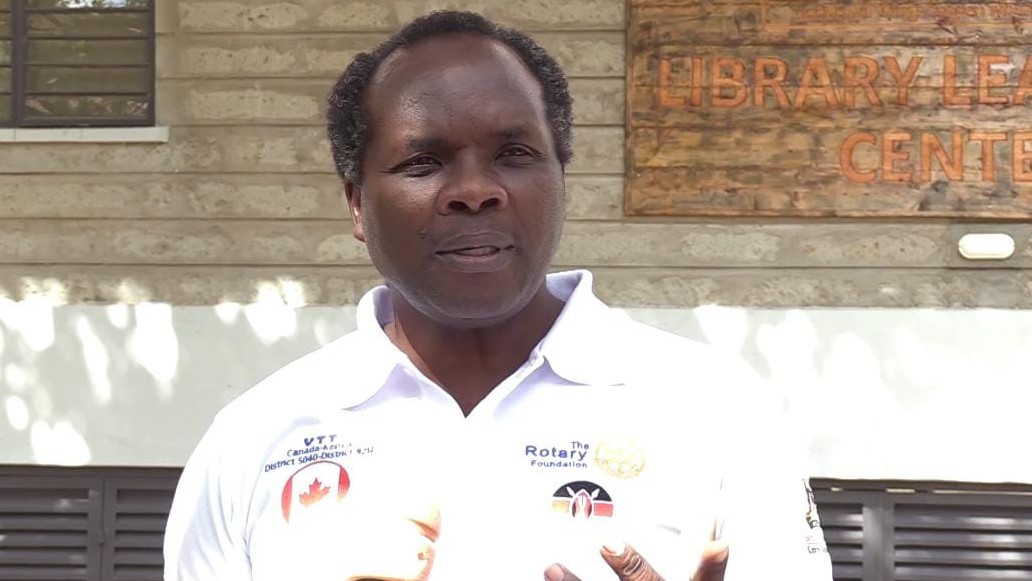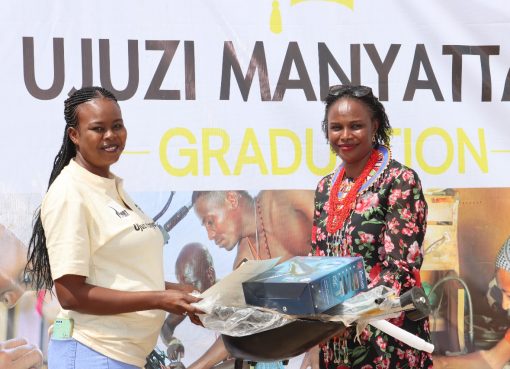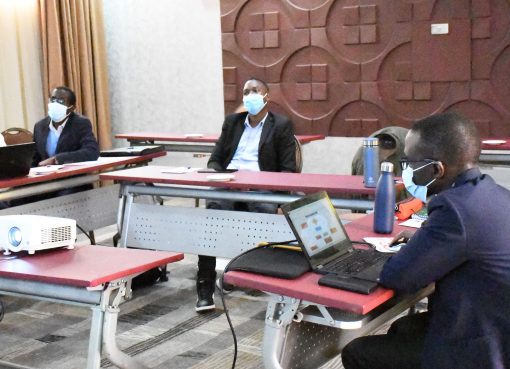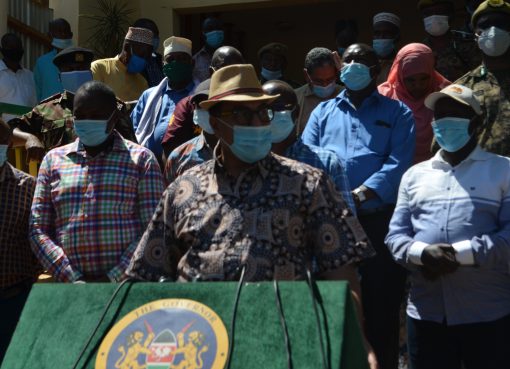A learning model that seeks to sharpen learners with critical thinking skills and spur their curiosity has been officially launched for the first time in Kenya at Mwala, Machakos County.
The method known as Question Formulation Technique (QFT) is a structured approach aimed at helping learners develop their questioning techniques.
Besides, the method sparks curiosity and inquisitiveness amongst learners, who use the questionnaire model to spur interactive learning sessions.
Professor Josephat Kimatu of South Eastern Kenya University (SEKU) made the disclosure during a Kenya Connect graduation in Wamunyu, Mwala, where 60 teachers from ten public secondary schools in Mwala graduated after the two-year QFT course. The teachers are expected to empower learners with question formulation techniques.
Professor Kimatu, who is the implementer of the QFT project, said that it is a pilot study and is being implemented in Kenya for the first time, even though it has been studied in the United States and some other countries and enabled learners to be very creative and innovative.
“In Kenya, we don’t teach Critical Thinking as a subject, unlike in the US, where they teach it as a subject, and now we want to introduce critical thinking in our country,” said the Professor.
He said that the Questioning technique skills are what the learners are lacking because usually students are expected to give answers and not ask questions, thus limiting their creativity, yet as learners they should question everything.
He added that they want the teachers to be given as many questions as possible, answer them in the context of their lessons, and come up with a question focus where they converge all the divergent questions to allow the students to frame the right questions and receive the right answers.
He noted that during the piloting of QFT, the learners became more inquisitive and the teachers became more engaging with the students, who thus began to own the lessons, which was not the case previously.
Kimatu pointed out that they are also going to pilot it with the Kenya Institute of Curriculum Development (KICD) so that they can include it in the CBC for easy implementation.
The Executive Director of Kenya Connect, James Musyoka, said that QFT is a pedagogical strategy which is a shift from their traditional way of teaching, where teachers ask students questions, and now it’s the learners who are doing the questioning.
The Kenya Connect Director, who is also the Co-Founder of Kenya Connect, said that the focus was on training the teachers to work with students so that the students can be able to generate meaningful questions, which will in turn raise their curiosity.
“In Kenya Connect, we believe empowering the teacher translates to empowering the students, so today was a celebration of 60 teachers graduating to be able to empower and help learners become critical thinkers and ask meaningful questions,” added Musyoka.
He added that it is through inquiry that people search for knowledge, and when the QFT method is entrenched in the school systems, it will encourage research and innovation in academic circles.
Musyoka pointed out that they will do research, and when they get the findings, they will recommend it to the Ministry of Education for it to be entrenched in the school curriculum and become part and parcel of learning in Kenya.
PaulineMMueni,a trainee beneficiary, urged teachers to embrace the technique since it is a model that accommodates all learners despite their differences in comprehension capabilities.
She said that learners get motivated when they are allowed to ask questions and they are answered correctly, thus building their confidence.
By Anne Kangero





